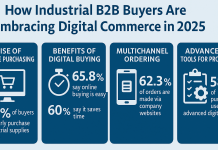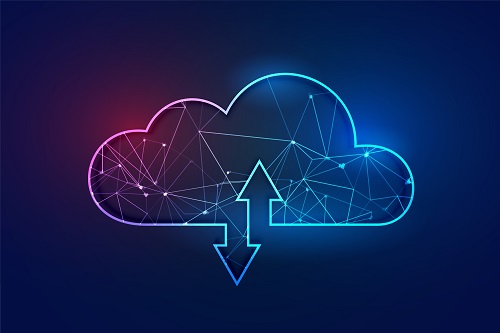Technological advancements and innovations have paced for a decade. The advancements and innovations have made things easier in different fields like education, medicine, networking, marketing, and many more. You name the field and there is some of the other technological advancement or innovation related to technology is made in that field.
In the field of marketing, technology has proved to be a savior as it has provided many different platforms to enhance the customer experience and has helped businesses to scale new heights of success. One of the many innovations for the marketing field of technology is Marketing Cloud. Salesforce is an American-based software company that has developed a marketing cloud system to provide marketers a seamless marketing experience.
Salesforce Marketing Cloud is a platform that provides digital marketing automation analytics software and services. It was founded in 2000 under the name ExactTarget. The Salesforce Marketing Cloud develops marketing automation and analytics software for e-mail, mobile, social and online marketing. This marketing cloud is a marketing platform that has capabilities to support many aspects of marketing which includes multi-channel campaign execution, dynamic customer journeys, pre, and post-campaign analytics, social media engagement, and advertising, and also it is a data management platform. SFMC (Salesforce Marketing Cloud) supports such activities on its platform by using the components called ‘Studios’ and ‘Builders’.
‘Studios’ are used to manage and engage with the customers through different communication platforms which include E-mail Studio, Social Studio, and Mobile Studio. ‘Builders’ are used for managing data, content, and customer journeys in the Salesforce Marketing Cloud Platform.
Now we know what exactly Salesforce Marketing Cloud is, but now let’s have a look at how can Salesforce marketing cloud be useful for businesses and marketers. This is a feature-rich marketing platform that has capabilities across the marketing domain which includes:
- Customer Engagement in real-time.
- E-mail and marketing Automation.
- Social media engagement, listening, and advertising.
- Mobile (SMS) messaging and push notifications.
- Customer Marketing analytics.
Different tools on this marketing cloud platform will help you to drive your marketing strategies. Here are some tools that can help you drive your marketing strategies and work smartly while marketing your business.
Data-Driven Messaging:
This tool can help you to deliver messages to every contact and also trigger new messages based on real-time customer data changes and interactions. The journey can have different branches based on:
- Contact Data: This is the data in the Marketing Cloud system related to the contacts which are targeted by you through different communication platforms. The data associated with the contact can determine which journey branch to choose.
- Journey Data: This data shows how the contact has interacted with your sales team or the business promotion activities. An example can be taken of the welcome journey. After purchasing a product or a service the customer might receive multiple e-mails; it can be termed as onboarding e-mails or welcome e-mails. SFMC can detect who is interacting with the e-mail and who is opening it.
Multi-Channel Messaging:
SFMC Journey Builder allows you to construct journeys that consist of e-mail and SMS messaging. There are multiple uses cases for having multi-channel messaging, that includes:
- Service Communication: Use e-mails to communicate. Content that is related to service and support for a customer is conveyed using this tool. Usage of SMS to communicate more timely.
- Post-Purchase Communication: Using e-mails and SMS to share post-purchase communication. Journey e-mails, shipment status, etc., can be created and SFMC also sends an e-mail to the customer once the product or the service is delivered. Also, to get feedback on your service SFMC can send an e-mail regarding the feedback and a survey can be conducted through this communication to know about the improvements made in the service or product or to know about your customer’s view.
- Financial Communications: This form of communication can be used to communicate about financial status. These are mostly used by banks, or UPI payment apps like Paytm, Google Pay, and PhonePe to give you the exact information about your bank account status and the recent transactions. Also, an SMS can be used to give reminders about the payments to be made, or the due dates, etc.
Dynamic Components:
These components are used for giving a personal touch to the e-mails for increasing customer engagement.
- Dynamic Content: A personalized content is created based on consumer’s engagement and attributes. The email content will populate based on who the message recipient is, delivering a personalized experience without crafting multiple versions of a single email.
- Dynamic sending profiles: This enables creating custom sending addresses for an email; a common use case is building one email and having the sender vary based on the salesperson that has the relationship with the message recipient.
Here are the capabilities of SFMC that benefits businesses to enhance their Customer Relationship. Using technological advancements keeps you updated in the industry/market, also leverages your business growth.









